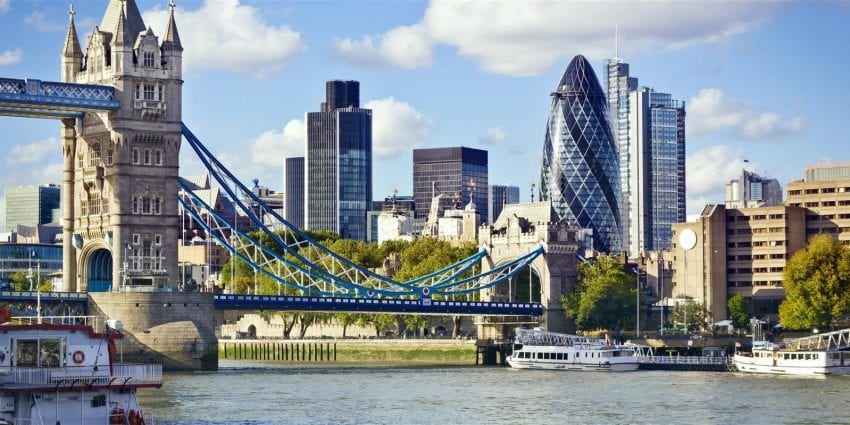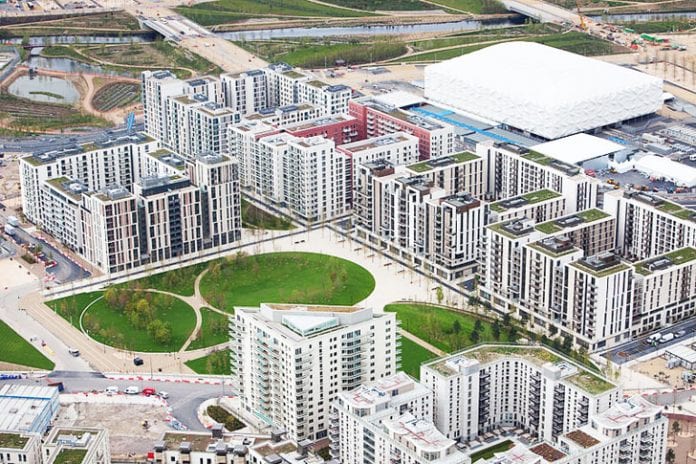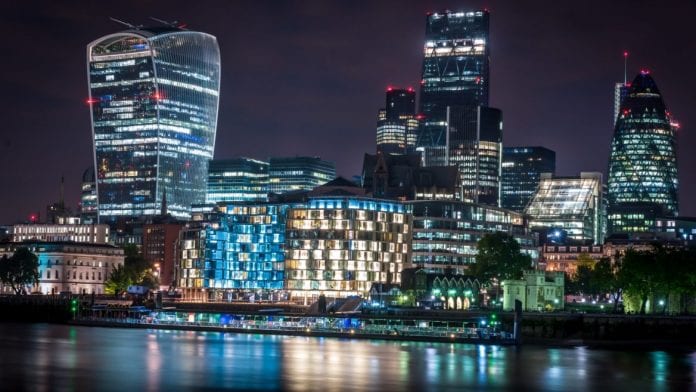It’s known to most that London isn’t one of the most affordable places to live and work. In a 2019 report from ECA international, it was ranked as the tenth most expensive city in the world for business trips. While recent years have caused the Big Smoke to fall slightly in the polls, by all accounts it’s still a costly place to spend time as a consumer or a producer.
However, with 216,000 new businesses launched in Greater London in 2018 – an increase on previous years – London remains a thriving center of enterprise and innovation despite various challenges.
Certain factors give rise to the London draw, while others make particular parts of the city more attractive for businesses than others. For those already established in London, changing location may be conveniently managed with a reliable IT relocation company in London, such as Computers In The City.

Why London?
Though the impact of the Brexit crisis has been hard to avoid in recent years, London is still one of the world’s leading financial centres and the largest economy of any city in Europe. Connections to the world of finance and financial services make London a popular site for fintech startups, though it has also become an important location for tech startups.
Figures from Compass show that there are between 3,000 and 5,000 tech startups in London. This can be attributed to a number of factors further explored below.
There’s a high proportion of tech-focussed courses at universities, such as Imperial College London, as well as a larger amount of developers, with as many as 300,000 according to figures from Stack Overflow.
It’s not a surprise that even healthcare startups are a thing in London. Innovative medical ideas can transform the world and London has some of the most advanced startups in this field too. To learn more about them check out this post on Future-Processing.
The city also has over 70 startup accelerators and incubators, 156 coworking spaces and regular networking and learning events, all of which provide a welcoming infrastructure for entrepreneurs in tech and other fields. London is home to a high number of billion-dollar startups or unicorns, such as Deliveroo or Transferwise. Naturally, these help to inspire budding entrepreneurs.
With a supportive community, tax incentives and generous venture capital funding that has exceeded £5 billion since 2016 – much higher than any other European city – it’s no surprise that London has become such a hotspot for entrepreneurs.

Where in London?
Studies show businesses that base themselves in central areas have a lower survival rate than those located further out. There are also added benefits to not being centrally located and these include lower rental rates, being able to avoid the congestion zone and the crowds.
Camden – a leading startup centre with 23,582 companies registered in 2018. The borough has been helped by Camden Collective, a regeneration project to drive the growth of local enterprises. Worklife is an office space that’s rented to small businesses and startups in the area, while Kentish Cluster in nearby Kentish Town is a collective with similar objectives.
Canary Wharf – with the headquarters of the world’s major banks and tech firms, such as IBM and Intel, there are currently 10,000 businesses currently operating in the regenerated former dockland area. There are many opportunities for startups in Canary Wharf, which is also home to Level 39, Europe’s largest accelerator, a community for enterprises in fintech, retail tech and cybersecurity.
Croydon – small businesses account for 93% of all businesses in Croydon, and the area has received awards for being the best small business-friendly borough. It is the UK’s fastest growing economy, an important center for tech and has even been dubbed the ‘Silicon Valley of the South’. TMRW is a hub aimed at tech and creative businesses, while My Outspace supports female entrepreneurs.
King’s Cross – a newcomer to the tech scene, the King’s Cross area hosts research science and engineering organisations, such as the Alan Turing Institute and Benevolent AI. It also has CogX tech and AI conference, venture capital firms, ARK coworking space and the Expedia UK headquarters. A large site is also under construction to become the centre for Google UK.
Olympic Village – this area has become one of the largest tech hubs in Europe with Here East, an innovation and technology campus that was part of a £120 million regeneration project to help entrepreneurs, startups and small businesses. More recent is Plexal, an innovation and coworking space. Universities have opened campuses here with a focus on technology and robotics.

Shoreditch – this part of London has been given the names ‘Silicon Roundabout’ and East London Tech City, and the interest began from the lower rental rates to be found here. Now there are more than 2,000 startups, 30 accelerators, and 48,000 people employed. Tech Nation (formerly Tech City) is a center for the growth of tech entrepreneurs and startups, in collaboration with various London universities. The area is also home to Techhub, another community for the support of startups with a tech focus.
London is a city with a long history, but it also has shown an inspiring ability to reinvent itself, and the London of today is very different from the London of just a decade ago. The startup ecosystem in London is excellent, still developing, and the city looks to be leading the way with innovations in the near future – especially in the technology sector. With the startup industry trebling in just two years, it seems that Londoners have a taste for enterprise (while foreign entrepreneurs are attracted by the buzzing economy). Things are looking good for London, and it will take more than Brexit to bring it down.









